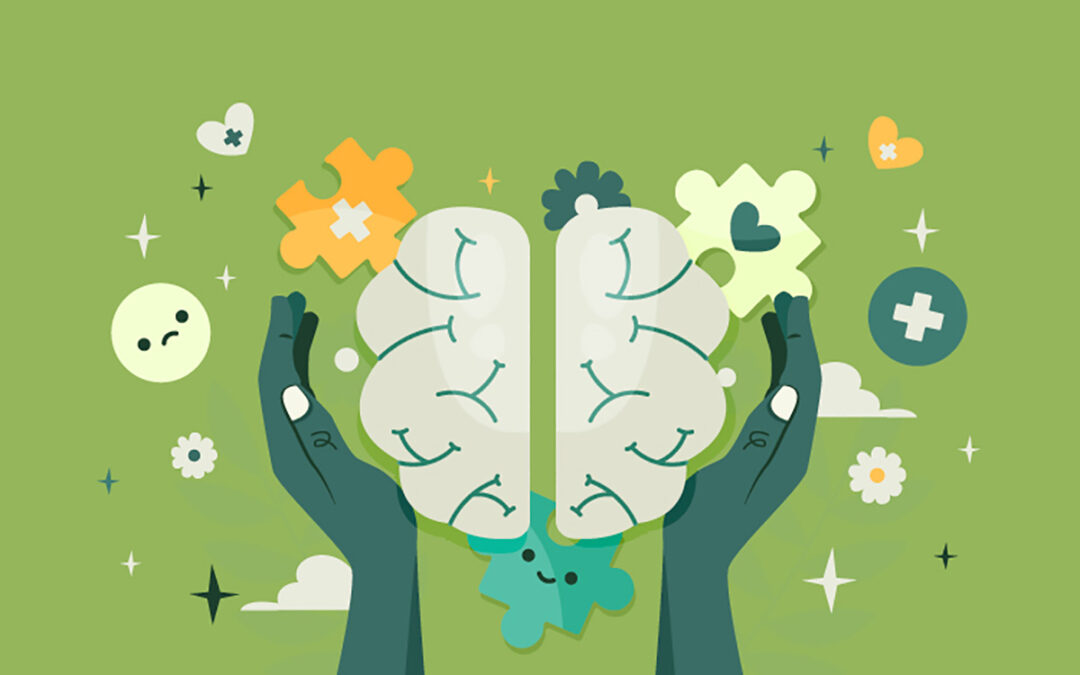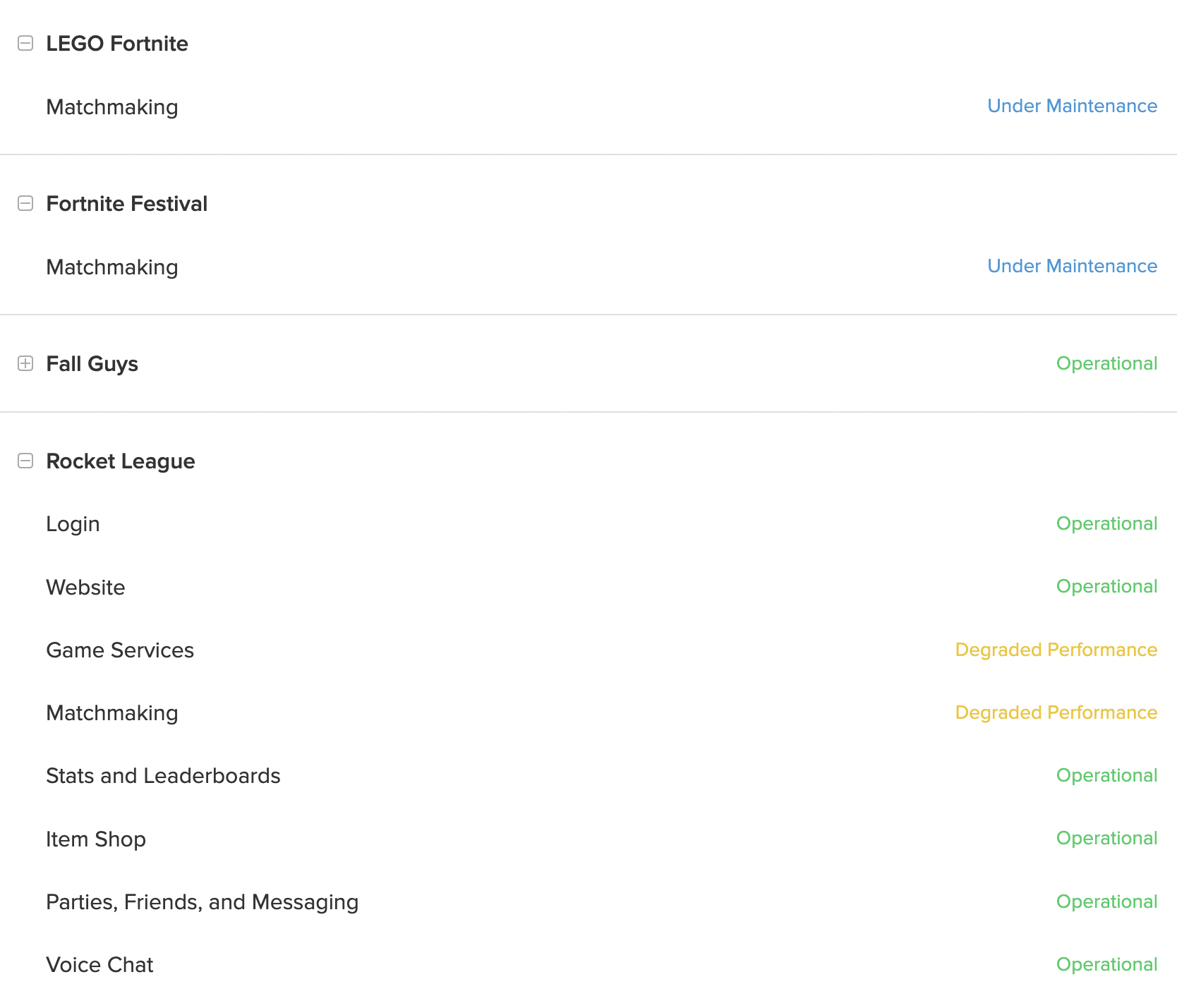Early Intervention: Investing In Childhood To Prevent Future Mental Health Problems

Table of Contents
Identifying Potential Mental Health Challenges in Children
Recognizing the early warning signs of mental health challenges in young children is crucial for timely intervention. Early detection can significantly improve outcomes and reduce the long-term impact of untreated mental health issues.
Recognizing Early Warning Signs
Many signs can indicate potential mental health challenges. These aren't always obvious and can manifest differently in each child. It's essential to consider the child's age and developmental stage when assessing these signs.
- Changes in behavior: Increased aggression, withdrawal, or self-harm.
- Emotional changes: Persistent sadness, anxiety, irritability, or fear.
- Social difficulties: Difficulty making or maintaining friendships, social isolation, or being bullied.
- Academic problems: Difficulty concentrating, declining grades, or refusal to go to school.
- Sleep disturbances: Changes in sleep patterns, including insomnia or excessive sleeping.
- Appetite changes: Significant weight loss or gain.
- Physical symptoms: Headaches, stomach aches, or other physical complaints with no apparent medical cause.
Parents and professionals should consult resources like the and the for further information and guidance.
The Role of Developmental Milestones
Understanding typical child development is paramount. Deviations from expected milestones in various domains – language, social-emotional, cognitive, and physical – can signal potential problems.
- Language delays: Difficulty understanding or expressing language appropriate for their age.
- Social-emotional delays: Lack of empathy, difficulty regulating emotions, or inappropriate social interactions.
- Cognitive delays: Difficulties with problem-solving, learning, or memory.
- Physical delays: Significant delays in gross or fine motor skills.
Regular check-ups with pediatricians are vital. These check-ups provide opportunities to discuss developmental concerns and access further evaluation if needed.
Effective Early Intervention Strategies
Early intervention strategies focus on addressing mental health challenges as soon as they are identified, ideally before they escalate into more severe problems.
Evidence-Based Interventions
Several evidence-based interventions are highly effective in treating mental health challenges in children.
- Play therapy: Uses play to help children express their emotions and work through their problems. Especially effective for younger children.
- Cognitive Behavioral Therapy for Children (CBT-C): Teaches children to identify and change negative thought patterns and behaviors.
- Parent training programs: Equip parents with the skills to support their child's mental health and manage challenging behaviors.
Organizations like the provide detailed information about these and other evidence-based interventions.
The Importance of Family Support
Family support is a cornerstone of successful early intervention. Family-based interventions aim to strengthen family relationships and create a supportive home environment conducive to a child's mental wellbeing.
- Parental education: Provides parents with information and strategies for understanding and supporting their child's mental health.
- Family therapy: Helps families communicate more effectively and resolve conflicts.
- Support groups: Connect families facing similar challenges, providing mutual support and encouragement.
Creating a supportive and loving home environment, characterized by open communication and emotional availability, is crucial for a child's mental health.
Accessing Early Intervention Services
Navigating the system to access early intervention services can be challenging. Understanding the process and available resources is essential.
Navigating the System
Accessing early intervention services often requires a multi-step process.
- Identifying a mental health professional: Consult your pediatrician, school counselor, or search online directories for child psychologists or psychiatrists.
- Insurance coverage: Check your insurance policy for coverage of mental health services for children.
- Financial assistance: Explore financial assistance programs or community-based organizations that offer affordable or free services.
The offers a national helpline and a directory of mental health services.
Advocating for Early Intervention
Advocating for increased funding and awareness of early intervention programs is crucial. Early intervention is an investment in a healthier future for children and society.
- Contacting elected officials: Express your support for policies that promote early childhood mental health services.
- Raising awareness within communities: Educate others about the importance of early intervention and the signs of mental health challenges in children.
- Supporting advocacy groups: Donate to or volunteer with organizations working to improve access to mental health services.
Conclusion
Early intervention in childhood is a critical investment in preventing future mental health problems. By identifying potential challenges early, utilizing evidence-based interventions, and fostering strong family support, we can significantly improve the mental wellbeing of children and reduce the burden of mental illness in adulthood. Early intervention is cost-effective, producing long-term positive impacts on individuals, families, and society as a whole. Invest in early intervention today. Learn more about early childhood mental health services in your area and take action to support early intervention programs. Let's work together to create a brighter, healthier future for all children.

Featured Posts
-
 Teleurstelling In Oostwold Nieuw Verdeelstation Ondanks Verzet Bewoners
May 02, 2025
Teleurstelling In Oostwold Nieuw Verdeelstation Ondanks Verzet Bewoners
May 02, 2025 -
 Oklahoma Windstorm Timeline Severe Weather Update
May 02, 2025
Oklahoma Windstorm Timeline Severe Weather Update
May 02, 2025 -
 Investigative Report Reform Shares Documents Credible Evidence Of Harassment By Ex Mp Rupert Lowe
May 02, 2025
Investigative Report Reform Shares Documents Credible Evidence Of Harassment By Ex Mp Rupert Lowe
May 02, 2025 -
 Glastonbury 2025 Resale Tickets Your Last Chance
May 02, 2025
Glastonbury 2025 Resale Tickets Your Last Chance
May 02, 2025 -
 Death Of Priscilla Pointer Dallas And Hollywood Mourn The Loss Of A Beloved Actress
May 02, 2025
Death Of Priscilla Pointer Dallas And Hollywood Mourn The Loss Of A Beloved Actress
May 02, 2025
Latest Posts
-
 Finom Es Egeszseges A Mecsek Baromfi Kft Kme Vedjegyes Baromfihusa
May 03, 2025
Finom Es Egeszseges A Mecsek Baromfi Kft Kme Vedjegyes Baromfihusa
May 03, 2025 -
 Fortnite Chapter 6 Season 2 Down Expected Downtime And Updates
May 03, 2025
Fortnite Chapter 6 Season 2 Down Expected Downtime And Updates
May 03, 2025 -
 Ot Roskoshi Do Kladovki Istorii Moskovskikh Eskortnits
May 03, 2025
Ot Roskoshi Do Kladovki Istorii Moskovskikh Eskortnits
May 03, 2025 -
 A Mecsek Baromfi Kft Kme Vedjegyes Baromfi Termekei Minoseg Amit Megerdemel
May 03, 2025
A Mecsek Baromfi Kft Kme Vedjegyes Baromfi Termekei Minoseg Amit Megerdemel
May 03, 2025 -
 The Burlington Play Reading Group Reflecting On 135 Years Of History
May 03, 2025
The Burlington Play Reading Group Reflecting On 135 Years Of History
May 03, 2025
